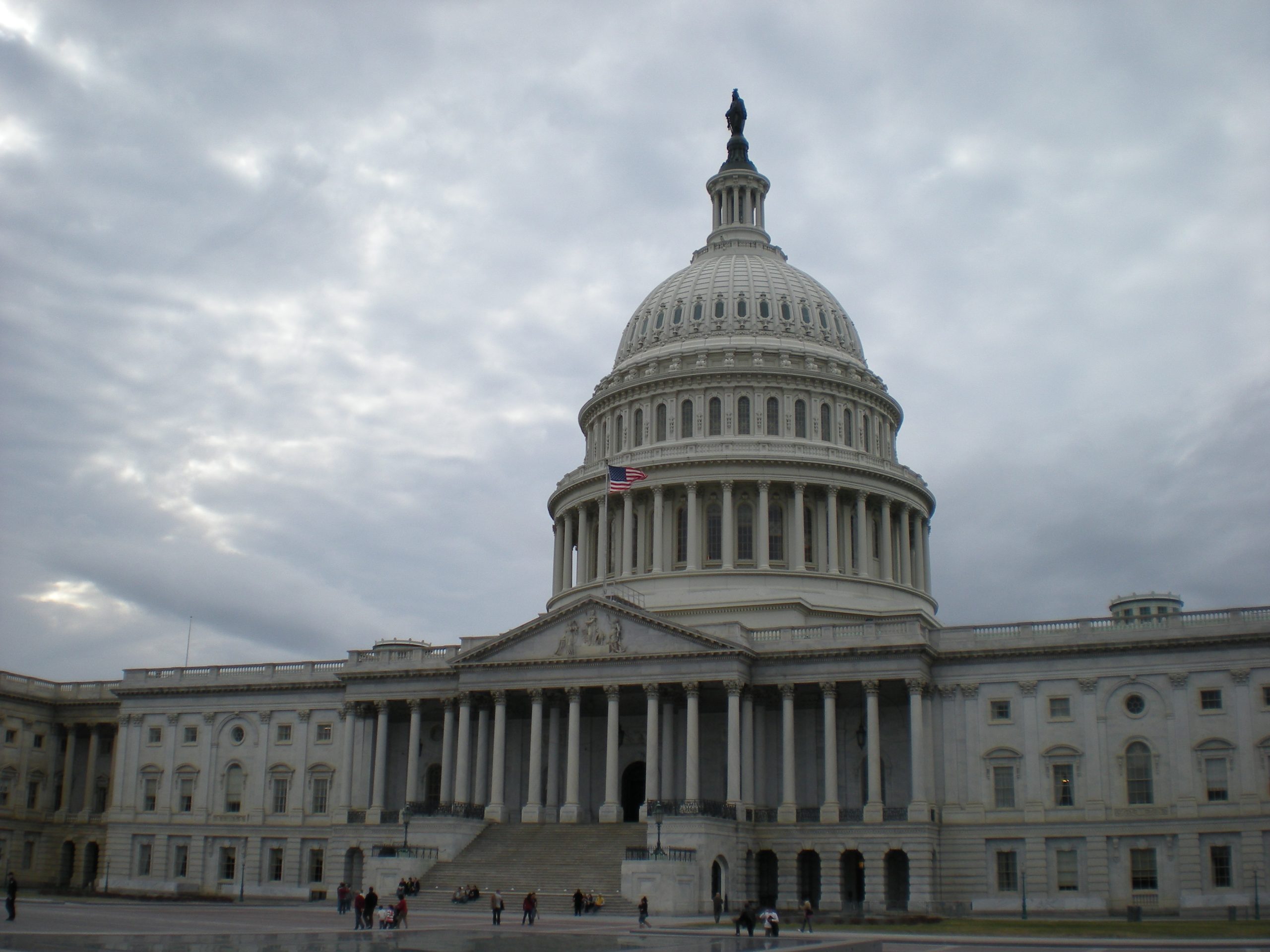The London Metal Exchange (LME) has responded to a series of criticisms of its market distortion regulations with proposals for stronger measures. The LME, which controls about 80 percent of the global metals market, has seen its fair share of criticism over the years for not doing enough to prevent market manipulation and other unethical practices. Now, in response to those criticisms, the LME is proposing a set of regulations that would increase transparency in the global metals market and further protect against potential manipulation. In this article, we will explore these new proposed regulations and how they may impact investors in the metals markets.
What are the criticisms of the LME?
The London Metals Exchange (LME) has come under fire from various quarters in recent years for its role in the global metals market. Some of the criticisms levelled at the LME include:
-That it contributes to market distortion and manipulation by allowing large players to dominate the market.
-That its rules and regulations favor insiders and large players, and that this results in smaller players being shut out.
-That it doesn’t do enough to prevent warehousing abuses, which can lead to price manipulation and shortages of metal supplies.
The LME has responded to these criticisms by proposing a number of reforms aimed at making the metals market fairer and more transparent. However, whether these proposals will be enough to address the concerns remains to be seen.
What are the LME’s proposed regulations?
The LME has proposed a number of regulations aimed at preventing market distortion and ensuring a level playing field for all market participants. These include:
- prohibiting the use of warehousing arrangements that allow for the preferential treatment of certain customers;
- introducing an “LME price” that would be the reference price for all transactions on the exchange;
- capping the amount of metal that can be held in warehouse inventories; and
- introducing daily trading limits on metals prices.
The LME has come under criticism in recent years for its role in facilitating the build-up of large stockpiles of metals, which some believe has led to distorted markets. These proposals are aimed at addressing those concerns and ensuring that the LME remains an effective and efficient marketplace.
How will these regulations affect the market?
The London Metal Exchange (LME) has announced plans to introduce stronger regulations to prevent market distortion.
The proposals include measures to limit the number of times a company can buy and sell metals in a short period of time, as well as introducing position limits for speculators.
The LME says that these changes will help to ensure that the market is fair and transparent for all participants.
Critics have accused the LME of failing to regulate the market effectively in the past, leading to distortions that have benefited some participants at the expense of others.
The new regulations are likely to be welcomed by many in the industry, as they should help to level the playing field and make the market fairer for all.
Conclusion
In response to the criticisms of its practices, the London Metal Exchange has proposed a series of proposals designed to strengthen market distortion regulations. These include introducing more detailed reporting from participants and establishing a new compliance committee tasked with monitoring for unfair trading practices. The LME is confident that these measures will increase transparency, reduce instances of market manipulation, and protect consumers from price volatility driven by unscrupulous actors in the global metals industry.










